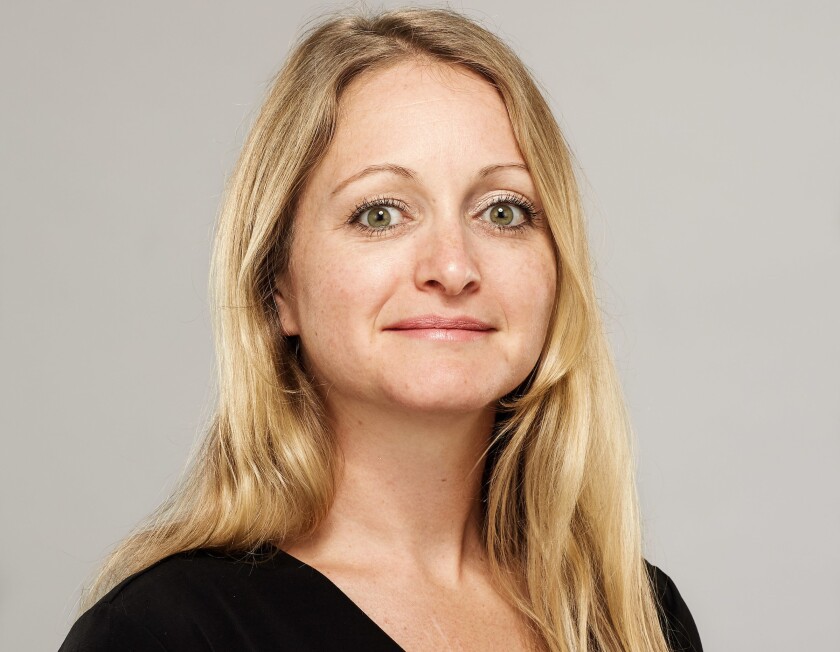Welcome to the latest instalment of Managing IP’s new series, ‘Five minutes with’, where we learn more about IP lawyers on a personal as well as a professional level. This time we have Victoria Randall, associate at Finnegan in London.
Someone asks you at a party what you do for a living. What do you say?
I’m a patent attorney; I help people patent their inventions. Once, this was most amusingly misheard as “painter decorator”; the conversation continued at cross purposes for far too long.
Talk us through a typical working day.
I begin the day responding to emails before settling down to a substantial task, participating in Zoom/Teams meetings, and finishing the day off with admin and smaller tasks.
Often a typical day will also include checking in with technical assistants and part-qualified attorneys to review progress and contribute where tasks have become complex, and to ensure that everyone has a manageable workload. Occasionally, the global nature of our work requires a later or earlier call to take into account multiple time zones. With appropriate time management I can afford a long bike ride over lunch.
What are you working on at the moment?
A case involving patents that cover a coronavirus vaccine.
Does one big piece of work usually take priority or are you juggling multiple things?
Both. Sometimes a big task will be dominant; often this must be juggled along with other tasks.
What is the most exciting aspect of your role and what is the most stressful
Defending a patent against multiple opponents during oral proceedings is exciting. Preparing for this is the most stressful aspect.
Tell us the key characteristics that make a successful IP lawyer.
Tenacity, being self-motivated, attention to detail along with the ability to see the big picture.
What is the most common misconception about IP?
That it’s all about caterpillar cakes and Ed Sheeran!
People often think IP is a raw discipline, but there are certainly a number of ways to use skills and backgrounds from different specialities. I get to use my scientific background regularly and really value having continued in science post-graduation. The strong foundation can be especially invaluable when talking directly to inventors, both for your confidence and their confidence in you. For me, the balance between applying the law and science together is what makes my job fascinating.
What or who inspires you?
Those people that get up, dust themselves off and keep striving, no matter what life throws at them and how many times they get knocked down.
If you weren’t an IP lawyer, what would you be doing?
If I were not in IP, and I had been gifted with athletic ability, I would be a professional triathlete, of course.
Any advice you would give your younger self?
Have the courage of your convictions. It can be challenging as a young woman to make your voice heard but diversity in contributions leads to better solutions — your option matters.











